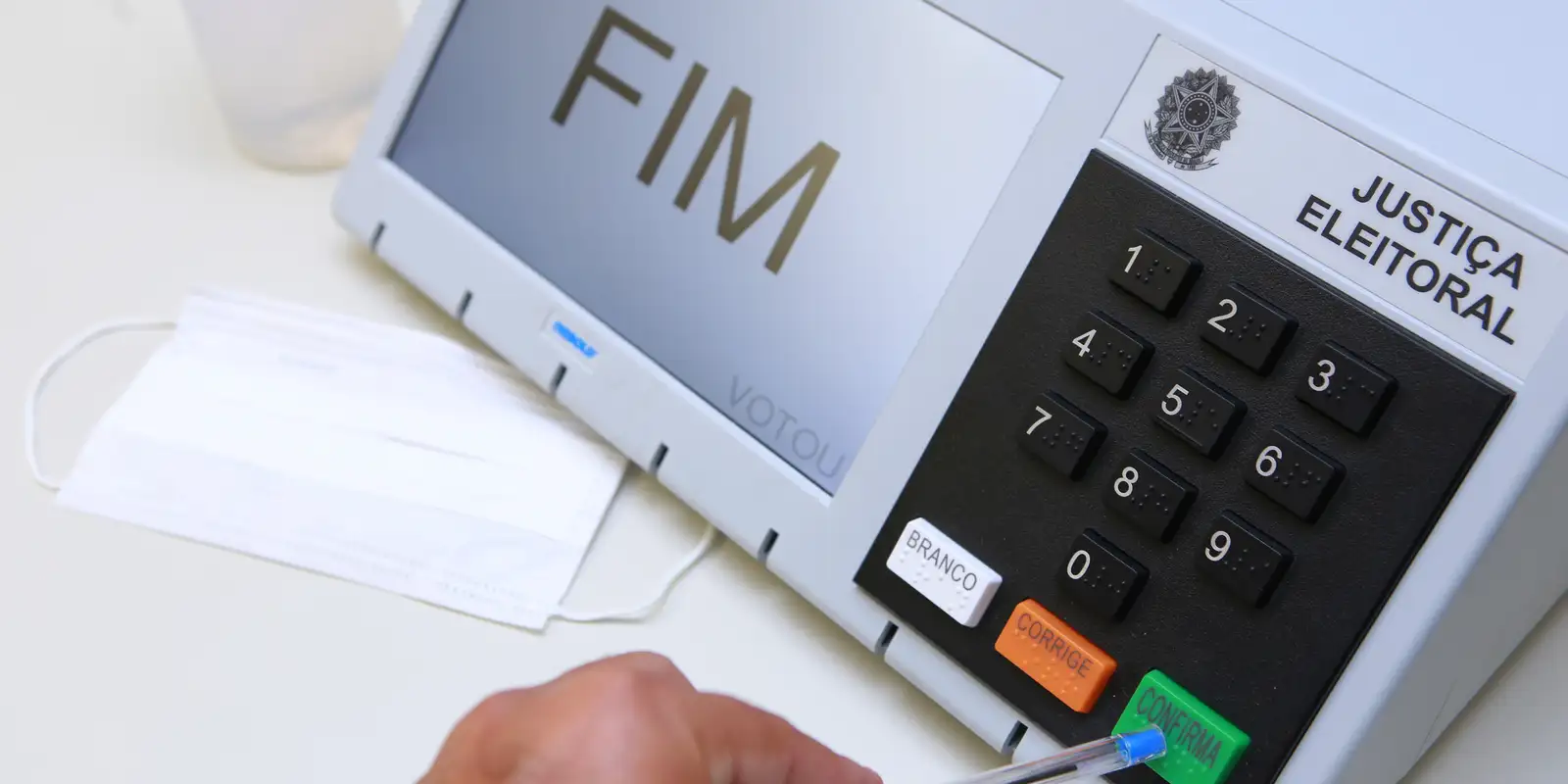The Constitution, Justice and Citizenship Committee (CCJ) of the Chamber of Deputies will debate again, this Wednesday (11), the bill that, if approved by the National Congress, will allow political parties to request a physical recount of votes in elections.
The proposal to change the so-called Elections Law (Law No. 9,504/1997) was presented by federal deputy Carlos Henrique Gaguim (União-TO), in 2015. By justifying the content of his projectthe parliamentarian stated that the impossibility of physically recounting votes in federal, state, district or municipal elections “reduces the level of transparency of the Brazilian electoral system”.
The text proposed by Gaguim aims to allow the national political party body to request, within 48 hours after the official release of the final results of the elections, the recount of votes both by physical and digital means.
The rapporteur of the proposal at the CCJ, deputy José Medeiros (PL-MT), has already presented a text proposing changes in the original project. Among them, the obligation that, immediately after the end of voting, 5% of the electronic ballot boxes be selected randomly, through a public draw, with the presence of representatives of political parties, the Public Ministry, the Brazilian Bar Association (OAB ) and other interested entities, for the public counting of votes, to be carried out in the electoral section itself, by members of the receiving table.
“The implementation of public counting in a random sample of 5% of ballot boxes seeks to improve the transparency and reliability of the electoral process, without compromising the speed of the count. The random selection of ballot boxes for manual counting serves as an audit mechanism, allowing the identification of possible inconsistencies between the electronic and physical results”, maintains Medeiros in his vote.
Medeiros presented his report on the 4th, voting for constitutionality, legality and, on merit, for the approval of PL 1,169/15 and others on the same topic, attached to the matter. The analysis, however, was interrupted by a request for a review – that is, for more time to study the subject – from deputies Erika Kokay (PT-DF), Helder Salomão (PT-ES), Lafayette de Andrada (Rep-MG) , Luiz Couto (PT-PB) and Patrus Ananias (PT-MG).
In notice23 of the entities that make up the non-partisan Pact for Democracy movement argue that PL 1,169/15 cannot be approved as it represents a return to the past. “In practice, the project seeks to establish the printed vote in Brazil, not as a way to strengthen the electoral process, but as a strategy to fuel distrust in the voting system and significantly increase the possibility of obstruction in a system that has been proven safe and intact”, support the entities, including Transparency Brazil and Conectas Human Rights.
“Since 2014, peaking in 2022, anti-democratic actors have promoted narratives that question the integrity of the electronic voting system in Brazil. Even in the face of numerous reports that attest to the security of the current voting system, prepared by experts from renowned universities and audits carried out by parties from different political spectrums, these groups show little interest in improving the system. The objective is clear: to spread misinformation and undermine confidence in electronic voting machines, an essential foundation for holding fair, reliable elections and strengthening democracy in the country”, add the social organizations.















